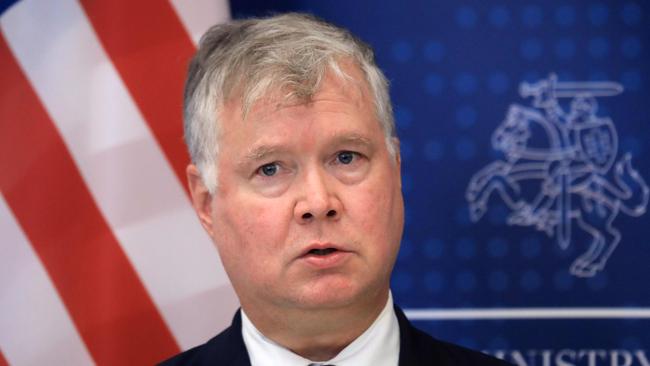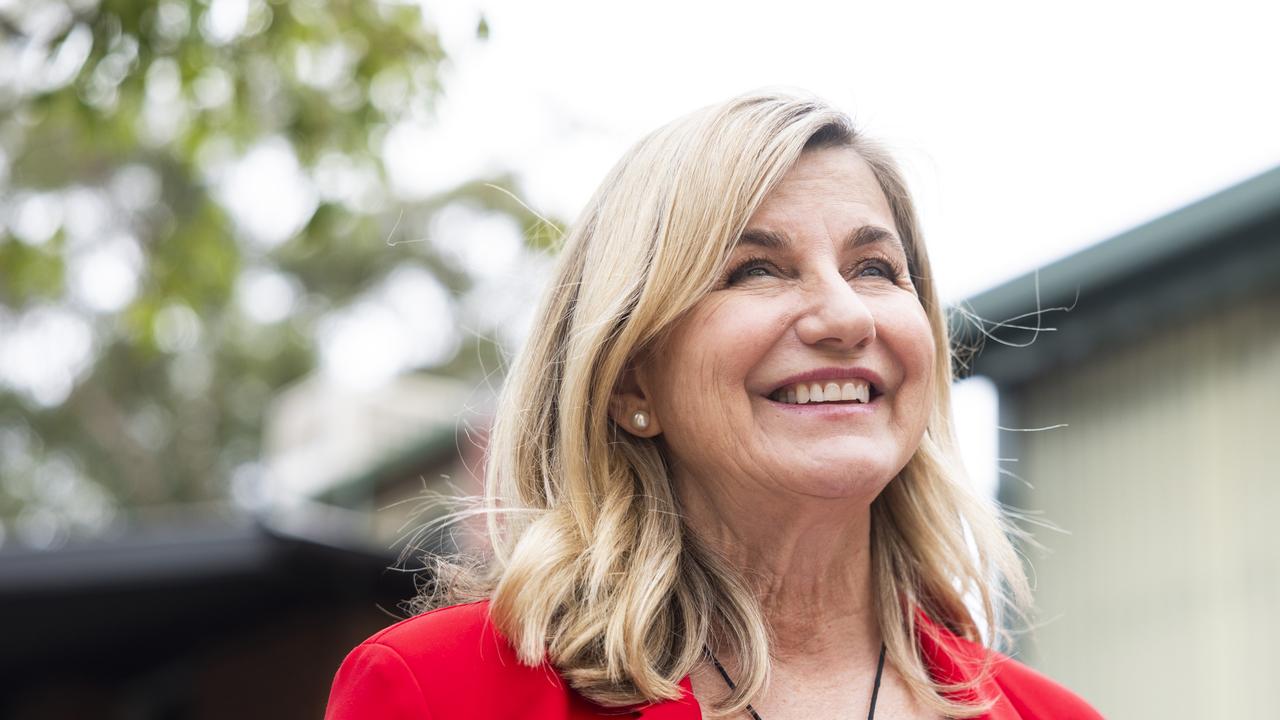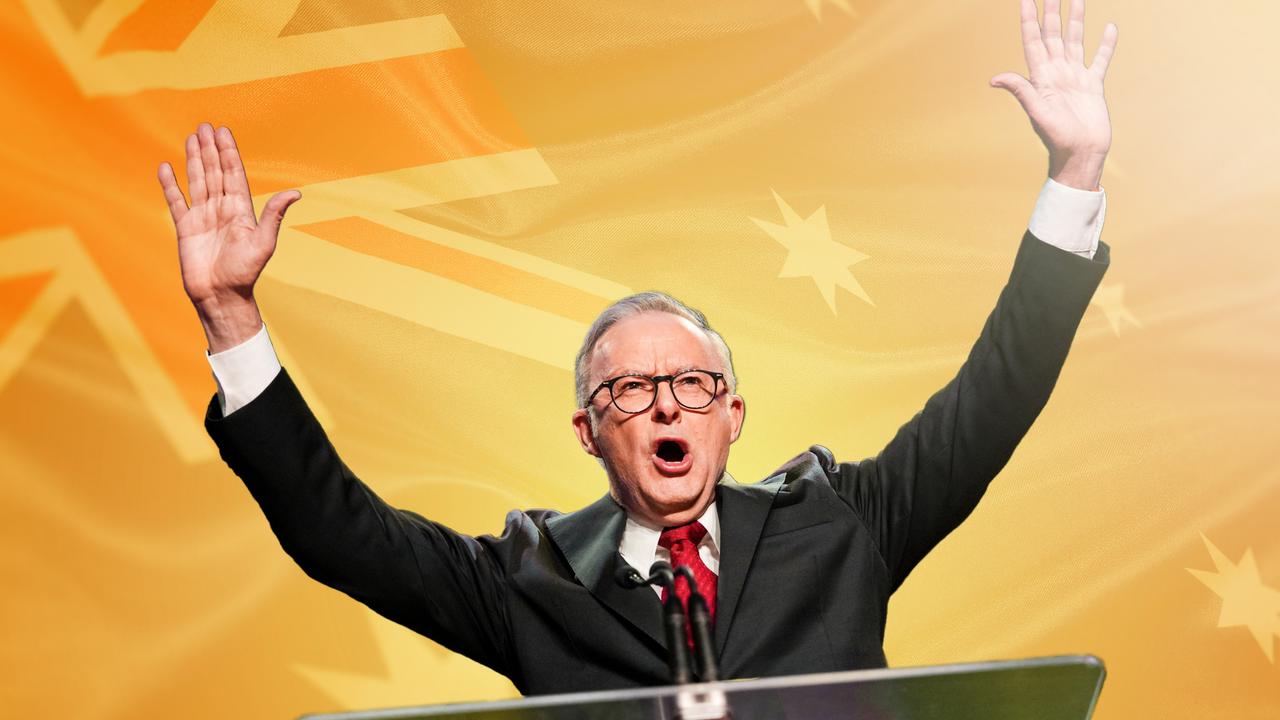Quadrilateral meeting ‘a response to China’
The foreign ministers of all four Quadrilateral countries will meet in India in the next few months as each faces escalating tensions with China.

The foreign ministers of all four Quadrilateral countries will meet in India in the next few months, only the second time such a high level dialogue will have been held between Australia, the US, Japan and India as each faces escalating tensions with China.
US Deputy Secretary of State Stephen Biegun revealed plans for the meeting during a webinar hosted by the US India Strategic Partnership Forum at which he also threw his support behind Australia’s inclusion — alongside Japan and the US — in the India-hosted Malabar naval exercises, which look likely to be delayed until next year.
“There’s going to be a meeting of the Quad, a ministerial meeting with the Quad this fall in Delhi — that’s the intention anyway — in person,” Mr Biegun said in a discussion in which he left the door open for expanding the grouping.
“We’re also working very closely in the security sphere — most recently, with India clearly indicating an intention to invite Australia to participate in the Malabar naval exercises, which will be a tremendous step forward in ensuring the freedom of passage and the security of the seas in the Indo-Pacific.”
Australia and India already conduct biennial military exercises under the AUSINDEX banner, and in June elevated their defence co-operation through a mutual logistics agreement.
An invitation to Malabar would be a strategic victory for Canberra while underlining the Quad’s security focus amid a marked rise in Chinese territorial aggression in the region.
The first ministerial-level meeting of the revived Quad, held last September on the sidelines of the UN General Assembly, was a significant elevation of the grouping that first met in 2007 only to disband a year later under pressure from Beijing, which denounced it as a containment strategy.
The second meeting comes at a time of intense geopolitical fallout from the COVID-19 pandemic and heightened tensions across the Indo-Pacific region.
In the past fortnight alone, China has detained an Australian journalist working for a local television network in Beijing and announced a second anti-subsidy probe into Australian wine exports, while a senior Chinese diplomat likened Canberra’s push for a coronavirus inquiry to Brutus betraying Julius Caesar.
US-China tensions have also escalated sharply, with Beijing last week launching “aircraft-carrier killer” missiles in the South China Sea a day after it accused a US spy plane of entering a no-fly zone during naval drills.
Rory Medcalfe, head of the ANU’s National Security College, said the timing of the meeting was likely driven by a sense of urgency and that “the struggle in the strategic environment is now very real and this co-ordination is no longer just a nice thing to have”.
Dhruva Jaishankar, an Indian foreign policy fellow at the DC-based Brookings Institution, said an in-person meeting of Quad foreign ministers would “allow for much franker, more secure discussions than video-conferencing” and provide important “political signalling”.




To join the conversation, please log in. Don't have an account? Register
Join the conversation, you are commenting as Logout